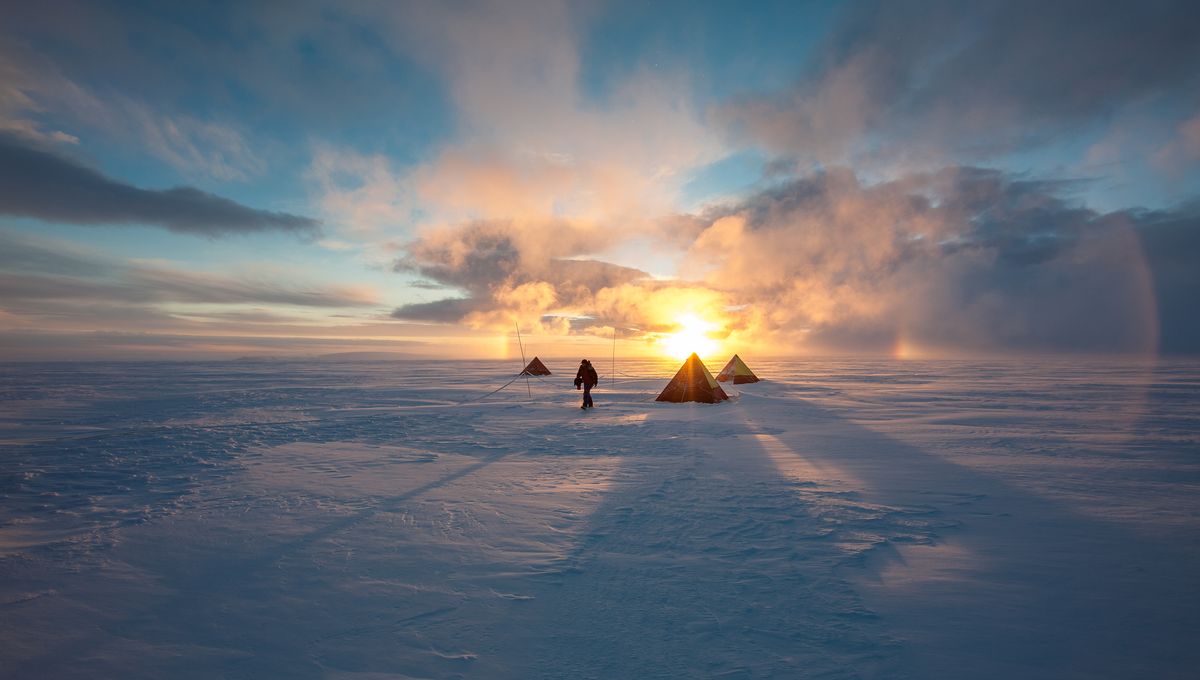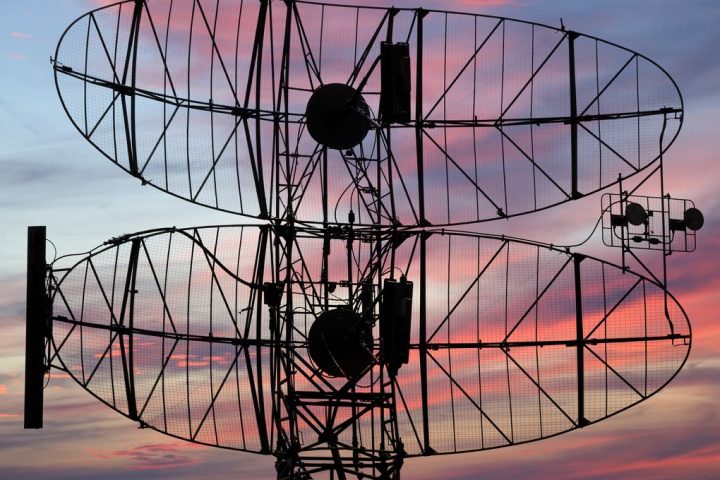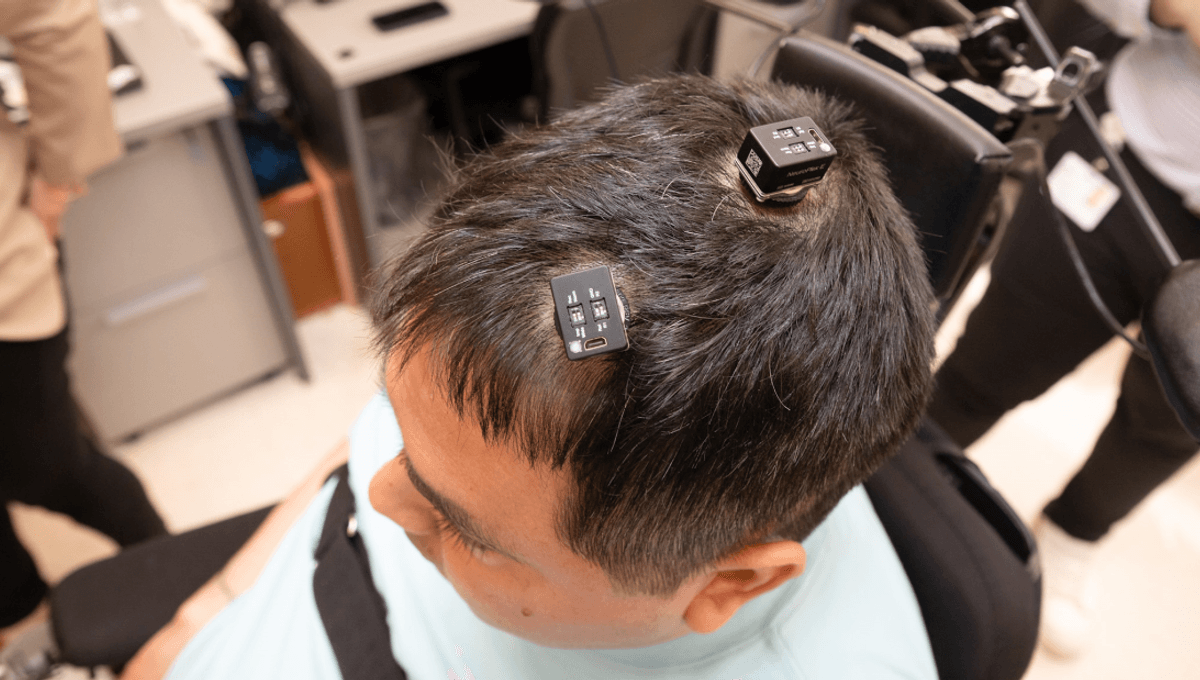Did you know that Antarctica, despite having no native population or permanent residents, is home to a unique group of people who live there for part of the year? During the summer months, around 5,000 individuals brave the extreme conditions, but that number drops to just 1,000 in the winter.
While most scientists in Antarctica are focused on studying climate and biodiversity, this extreme living environment has also become a fascinating laboratory for researching human behavior, culture, and sociolinguistics.
In 2019, a team from the Ludwig Maximilian University of Munich conducted a study on the phonetic changes in accents among a group of “winterers” from the British Antarctic Survey. The group consisted of individuals from various backgrounds, including England, the United States, Germany, and Iceland.
Over the course of their stay, the researchers observed significant changes in the accents of the winterers. One notable shift was the lengthening of vowels in their pronunciation. Additionally, the group displayed linguistic innovation by pronouncing certain sounds from the front of their mouths instead of the back of their throats.
Although these accent changes were subtle, they were acoustically measurable and even predictable using a computational model. According to the study’s author, Professor of Phonetics and Speech Processing at the Ludwig-Maximilians University of Munich, the Antarctic accent is not immediately perceptible but can be detected through acoustic analysis.
This study highlights how close contact and isolation can lead to the rapid evolution of a new accent. It suggests that the winterers in Antarctica, with their diverse regional accents, influenced each other’s speech and behavior during their time together. This phenomenon is similar to how the English accent transformed into various accents around the world, such as the American or Australian accent.
It raises the intriguing question of what other novel accents might emerge when humans are introduced to new social environments. For example, if humans establish a colony on Mars in the future, their close contact and isolation could foster the development of a Martian accent. Over generations, this accent could become distinct from Earth-bound accents and potentially even evolve into a new Martian language.
So, next time you hear someone with a unique accent, remember that it might be the result of their extraordinary living conditions and the influence of their fellow inhabitants.
[H/T: Human.1011]








